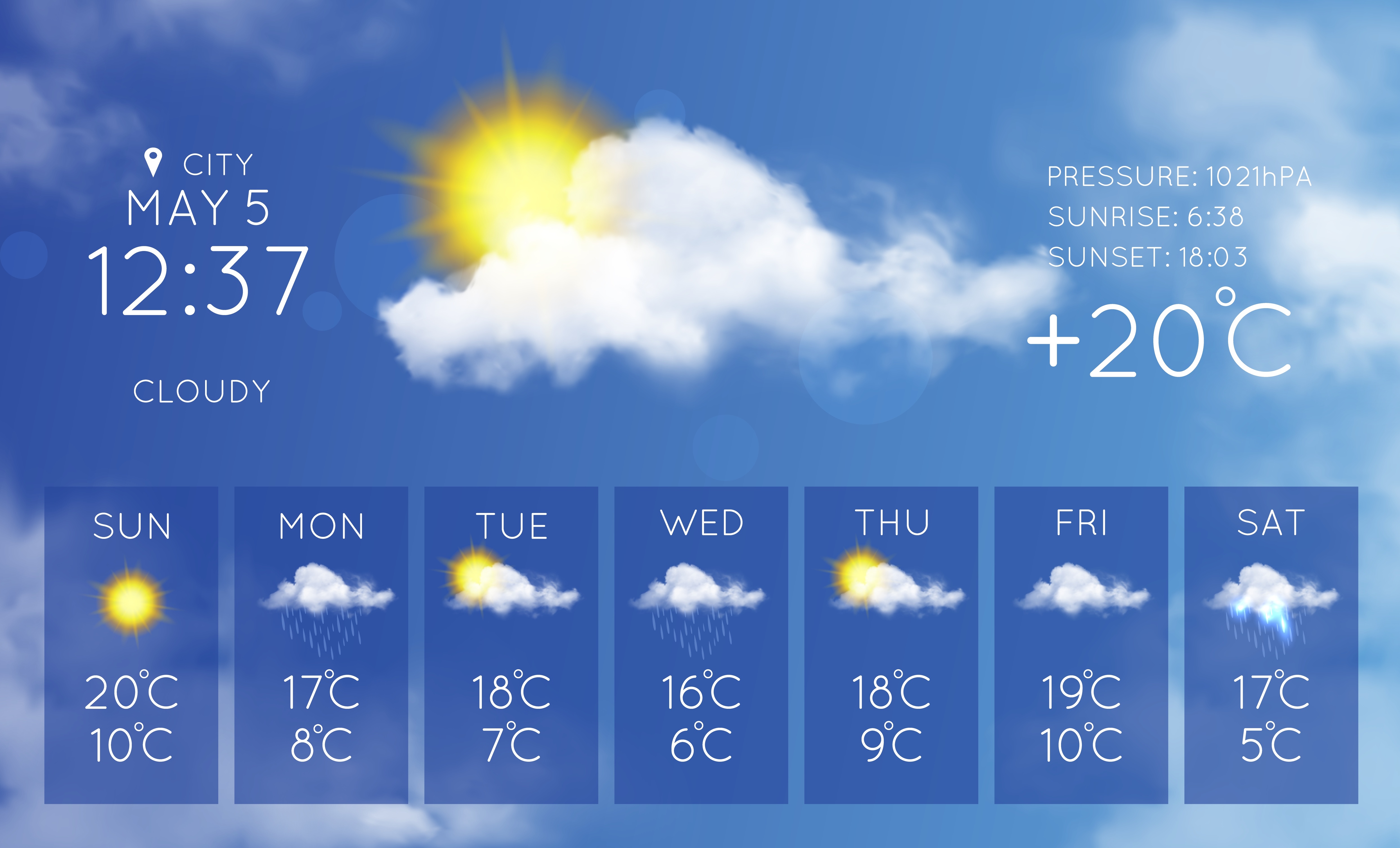Google has created an AI weather forecaster that could give meteorologists more tools to work with. The new model, GraphCast, was built by Google DeepMind. According to new studies on the model, it’s already showing some pivotal possibilities. The creators behind the model claim that it is better, faster, and more energy-efficient than the tools powering weather apps out right now.
Most current apps rely on a model for forecasts known as “numerical weather prediction” or NWP. NWP essentially works by plugging in the current weather conditions and then simulating changes based on the principles of thermodynamics, fluid dynamics, and other types of atmospherical sciences.
While it has proven at least somewhat accurate, this particular model is expensive and requires a ton of complicated computing power. With Google’s GraphCast system, though, the model breaks down the traditional data by looking at historical data and then using machine learning to make predictions based on what has happened in the past.

There is still a lot of fancy computer work and science involved, but overall, the process is much simpler and requires fewer computations to pull off. As the study explains, GraphCast first looks at the current state of Earth’s weather and then compares it to weather from six hours ago. It then bases its predictions on how the weather will change going forward.
Altogether it can continue to create forecasts over the course of days. When compared to the current primary model used for medium-range weather predictions, a model known as HRES, Google GraphCast was able to “significantly” outperform HRES on 90 percent of the targets that it was tested on.
Further, GraphCast also showed an immense aptitude for predicting extreme weather events, including unexpected temperature changes and tropical cyclones. But, Google says that it doesn’t want GraphCast to replace traditional or standard systems that meteorologists work on. Instead, it’s meant to work alongside those systems to provide better weather prediction as a whole.








